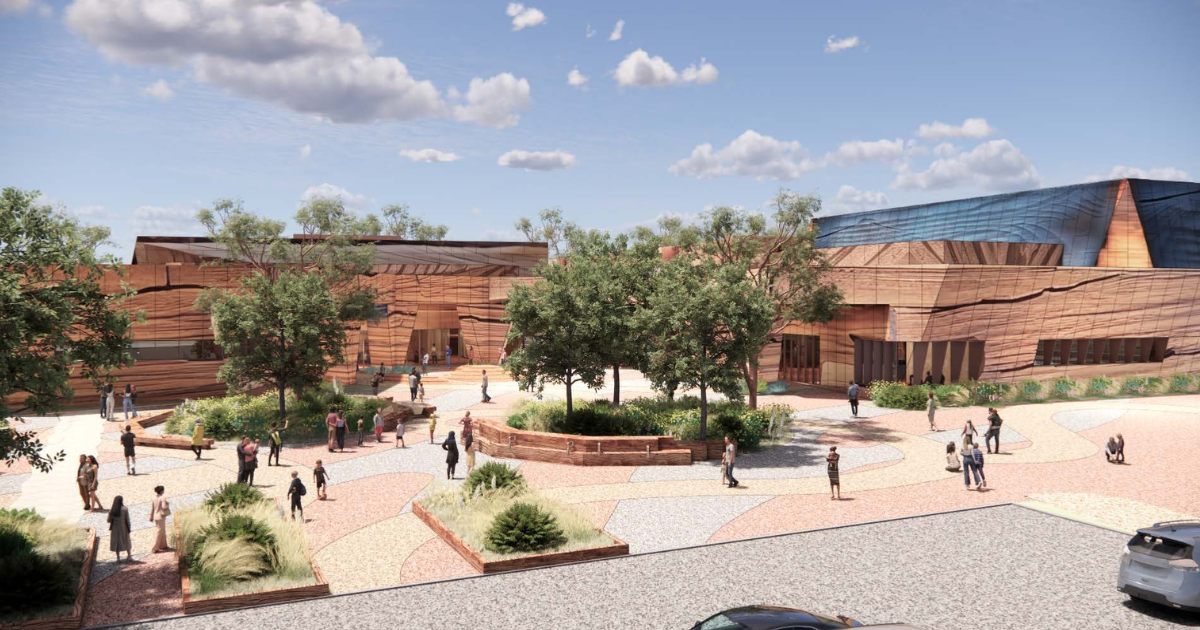Recycling, clean energy hub based at Deakin

(L-R) Reach governing board chair Shaun Cox, REACH operating committee chair Nick Birbilis, IFM associate director Professor Maria Forsyth and Clean Energy Resources director Steve Horvat at the REACH opening. Photo: JAMES TAYLOR
A THREE-way partnership facilitating and driving hundreds of millions of dollars in investment towards recycling and clean energy projects is now officially open.
Based in the Future Economy Precinct at Deakin University’s Waurn Ponds Campus, the Recycling and Clean Energy Commercialisation Hub (REACH) is being touted as the single largest clean energy ecosystem in Australia.
REACH projects are focusing on driving cleaner, greener technologies and supply chains to deliver energy and recycling solutions that reduce landfill and fossil fuel emissions, supporting Australia’s transition to net zero by 2050.
They are expected to generate more than $1.4 billion in revenue and 2,500 jobs in the next decade.
The 10 projects are presently supported by industry and education partners, including JET Technology, Clean Energy Resources Australia and Viva Energy Australia.
REACH has $380 million of investment committed towards it over a five-year period, comprising $50 million from the federal government’s Trailblazer Universities Program, $7.5 million from CSIRO, and the rest from Deakin and its project partners.
Mostly based in Geelong, REACH’s projects are also under way in Ballarat, Bendigo and Warrnambool, as REACH has an overall target of delivering 80 per cent of its targets in regional Australia.
Assistant Minister for Education Senator Anthony Chisholm opened REACH at a ceremony in the ManuFutures building at Deakin’s Waurn Ponds campus today.
He said REACH brought together some of the brightest university minds empowering industry leaders to solve problems not only facing Australia, but also the world.
“REACH’s projects will see us take steps towards solving some of our biggest environmental challenges, such as reducing landfill and fossil fuel emissions and mitigating some of the devastating impacts of global warming.”
Corangamite federal member Libby Coker said the opportunity to boost local capacity for recycling projects was an important forward step for the wider Geelong region.
“Our region is home to some of the best problem-solvers across the nation and I’m proud that my government is supporting them by investing in this amazing facility.
“Investing in sustainable manufacturing is a key focus of the Albanese Government – we want to see our local economies strengthened, more innovation from our universities, and an uptick in jobs for those with the skills to make things here in Australia.
“That’s what this facility is all about – creating a sustainable, productive, and innovative local economy that can compete on the world stage, boost job opportunities for locals, and encourage our youngest community members to consider a future in research and development.”
JET Technology Corporation Australia managing director Howard Ju said JET was confident with its ERS technology, which has been commercialised in Japan, but the project with Deakin was focused on verifying the scientific facts on outputs and greenhouse gas reduction using Australian domestic feedstocks.
“REACH provides JET ideal opportunities to work with research organisations, in this case Deakin University, to prove and demonstrate an innovative technology newly introduced to Australia targeting the organic waste and decarbonisation issues.”

















